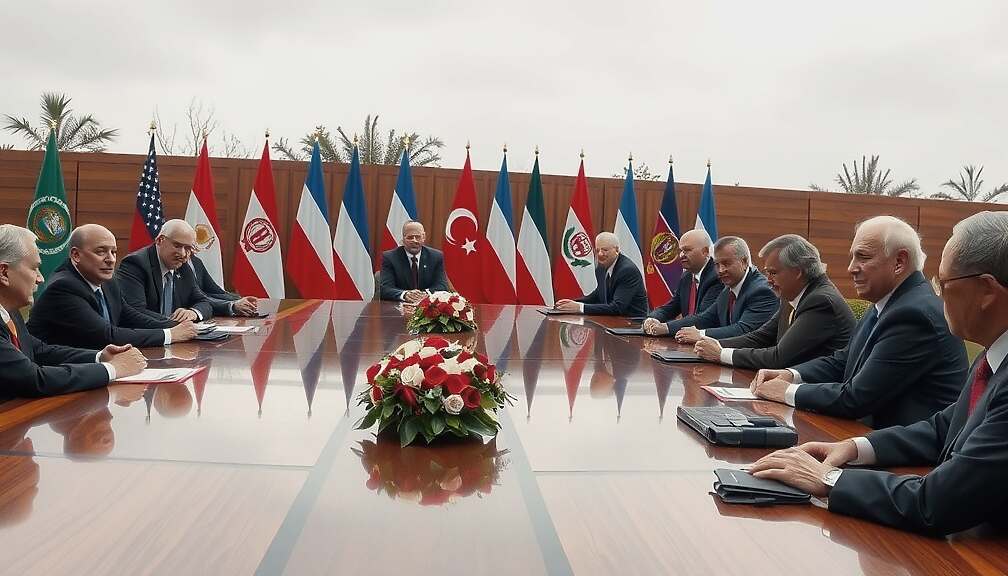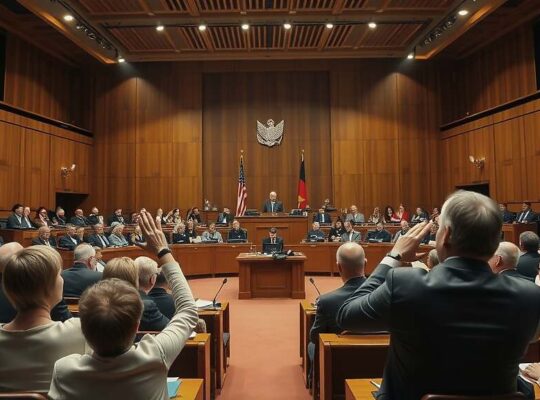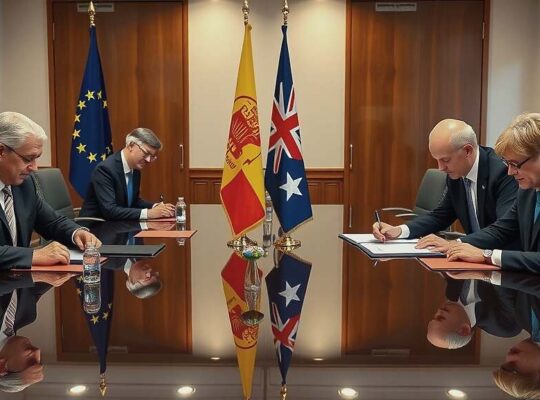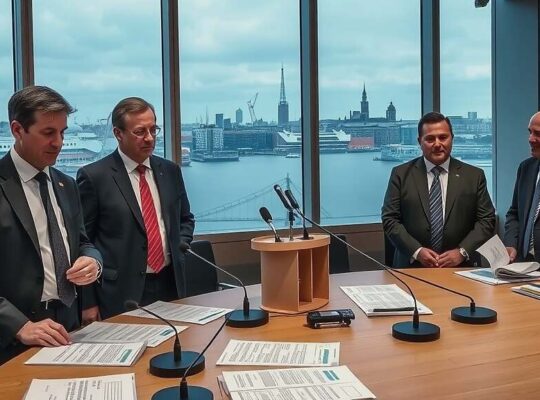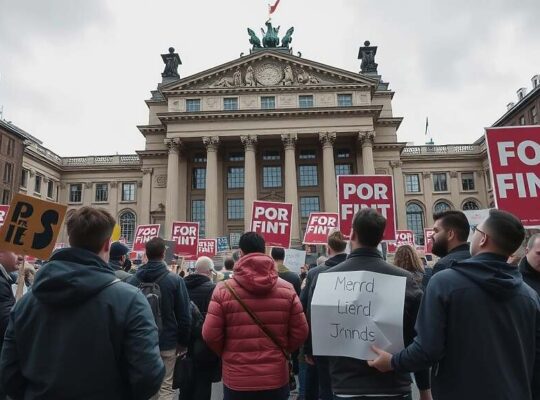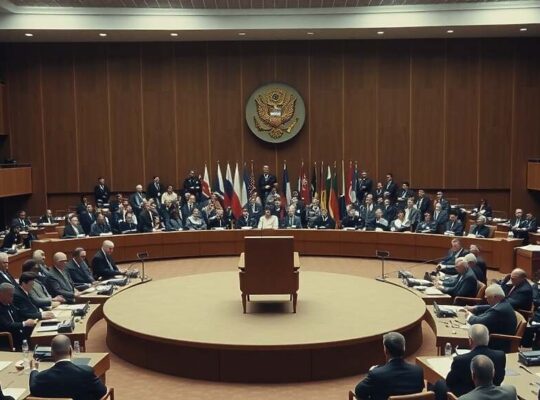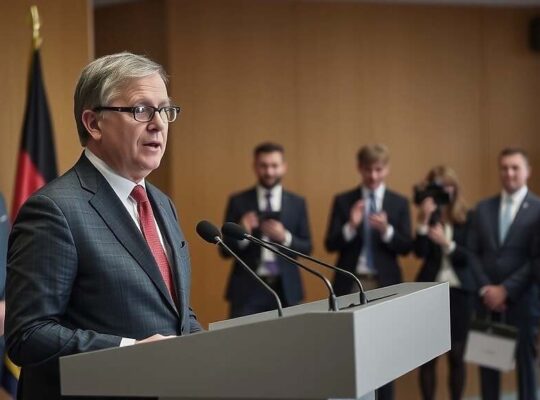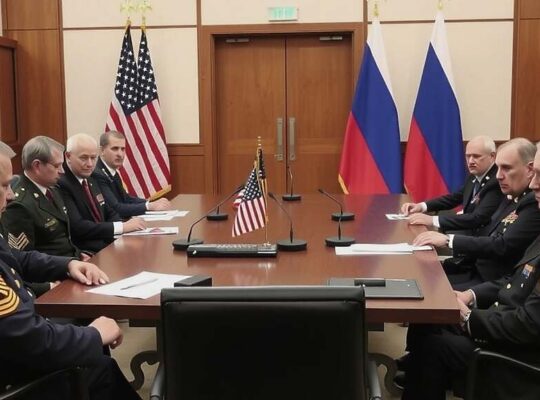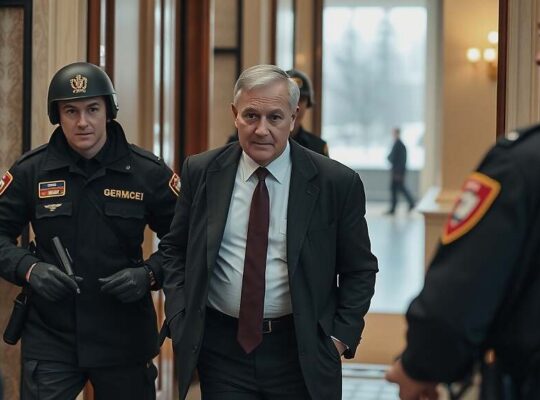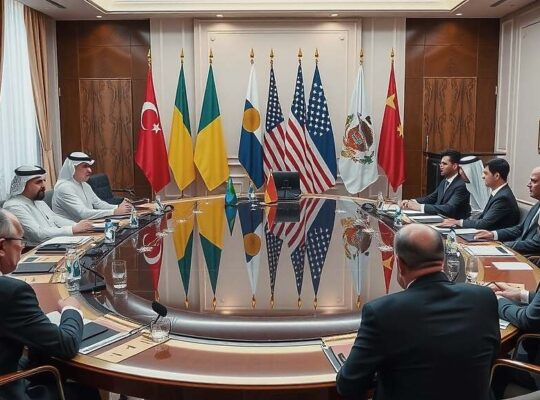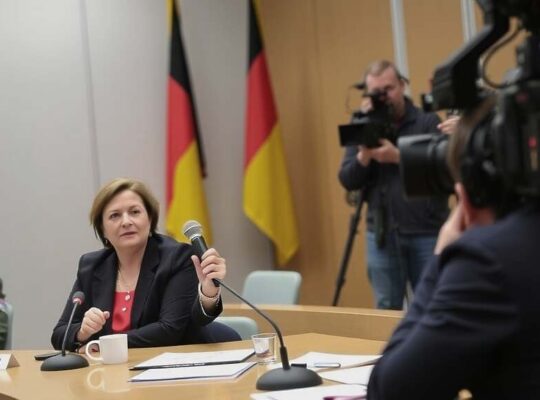A coalition of Western leaders has accused Russia of employing delaying tactics in potential peace negotiations regarding the ongoing conflict in Ukraine, while simultaneously advocating for an immediate cessation of hostilities and a return to the current frontline as a basis for talks. The joint statement, released Tuesday, explicitly endorsed a position mirroring that of former U.S. President Donald Trump, generating immediate political ripples and raising questions about the unified front previously presented by Western allies.
The declaration, signed by Ukrainian President Volodymyr Zelenskyy alongside a formidable list of European leaders including British Prime Minister Keir Starmer, German Chancellor Friedrich Merz, French President Emmanuel Macron, Italian Prime Minister Giorgia Meloni, Polish Prime Minister Donald Tusk, European Commission President Ursula von der Leyen, European Council President António Costa, Norwegian Prime Minister Jonas Gahr Store, Finnish President Alexander Stubb and Danish Prime Minister Mette Frederiksen, signals a potential shift in strategy concerning the war’s resolution. While reaffirming the principle that international borders should not be altered through force, the direct alignment with Trump’s rhetoric introduces a complexity that has been carefully managed until now.
The signatories asserted that Russia’s repeated obstructionism has consistently portrayed Ukraine as the sole party genuinely committed to peace. They criticized President Putin’s continued reliance on violence and destruction, emphasizing the necessity of securing Ukraine’s strength – both militarily and economically – both before, during and after any potential ceasefire.
Beyond simply advocating for hostilities to end, the declaration outlined plans to intensify pressure on the Russian economy and its defense industry, explicitly mentioning the utilization of frozen Russian assets to provide Ukraine with vital resources. This move, while potentially impactful, is likely to face legal challenges and further exacerbate tensions with Moscow.
Analysts suggest the statement reflects a growing frustration among some Western leaders regarding the protracted nature of the conflict and the apparent lack of progress in negotiations. However, aligning with a figure like Trump, known for his adversarial relationship with traditional alliances, could also be perceived as a calculated risk intended to apply maximum pressure on Russia, but also potentially fractures within the Western coalition. The endorsement raises questions about the long-term strategy and the willingness of key leaders to publicly diverge from previously established narratives.


